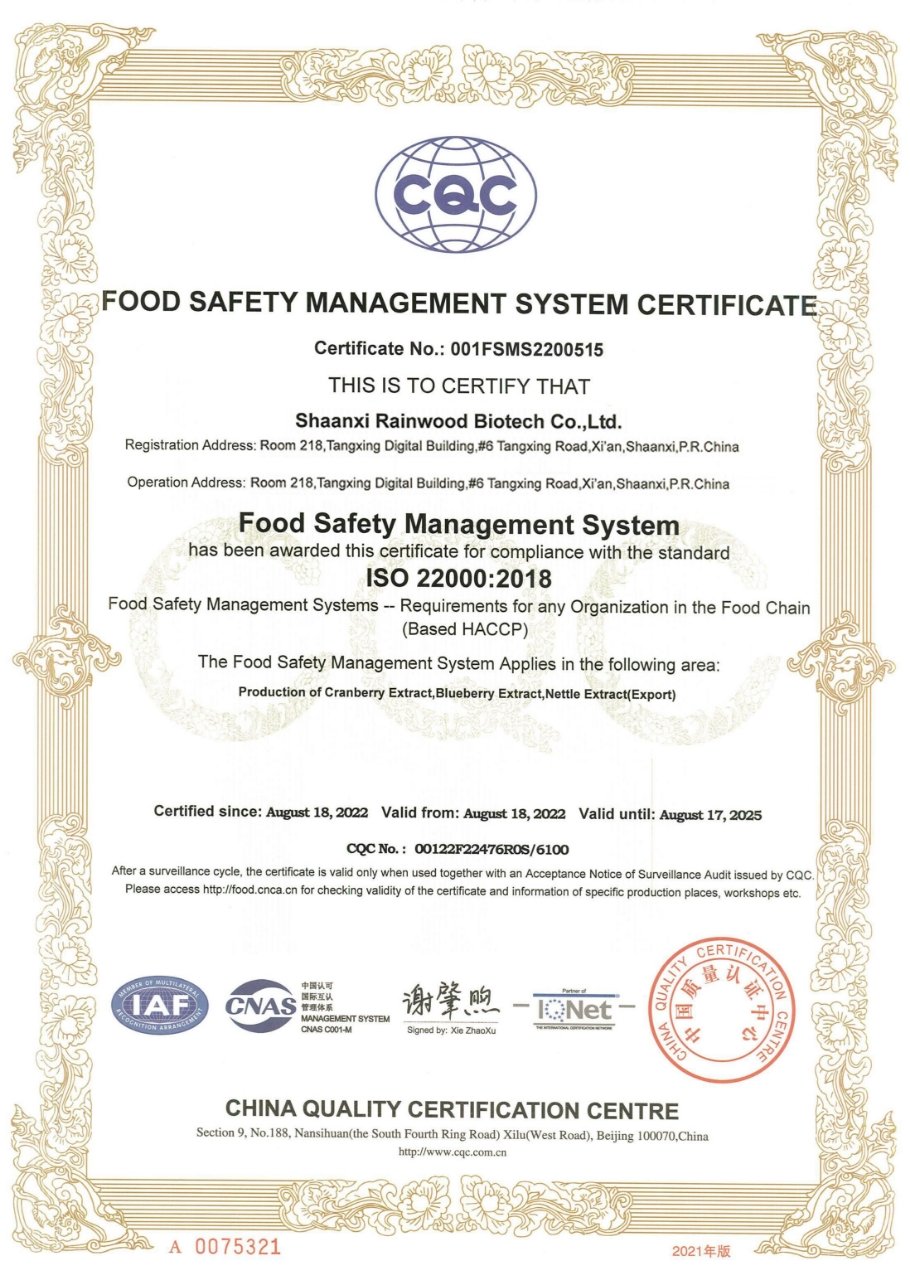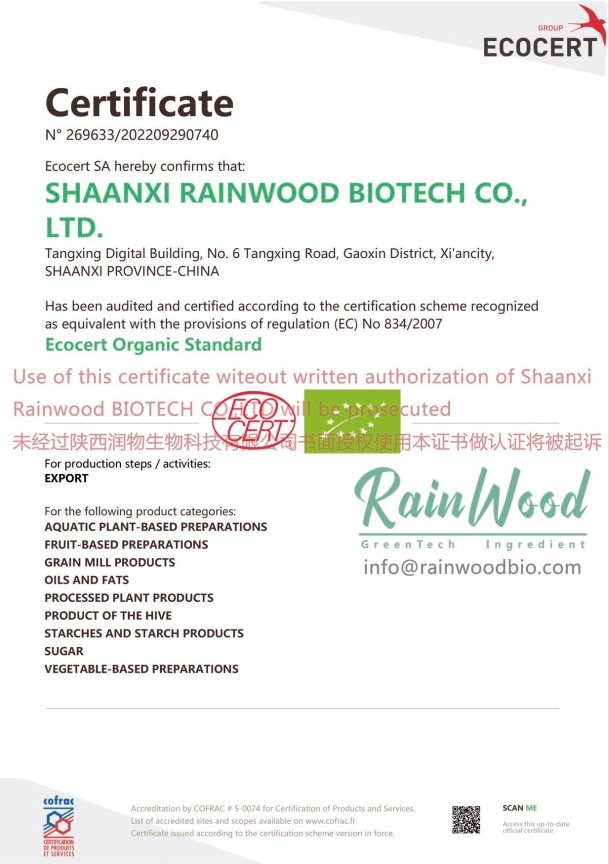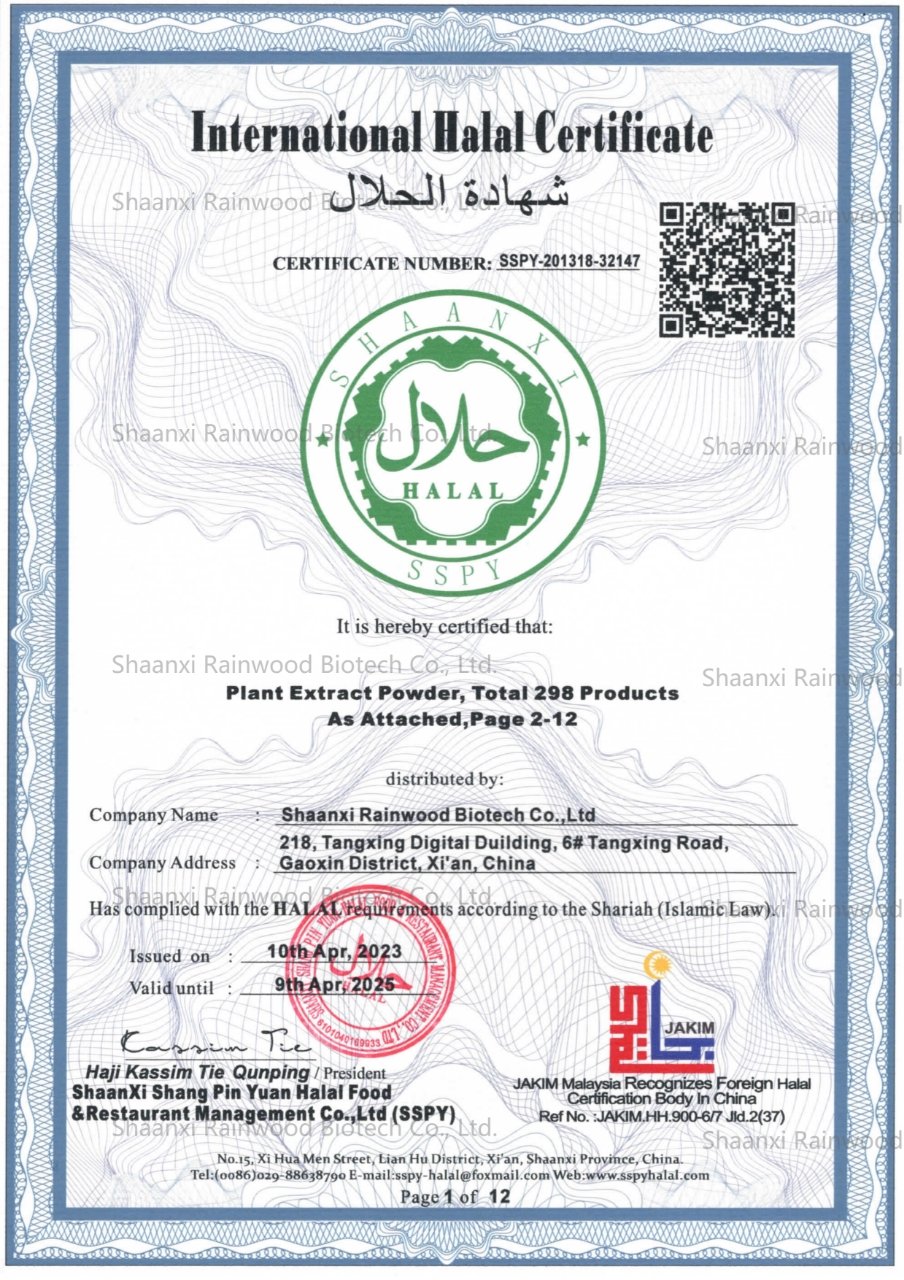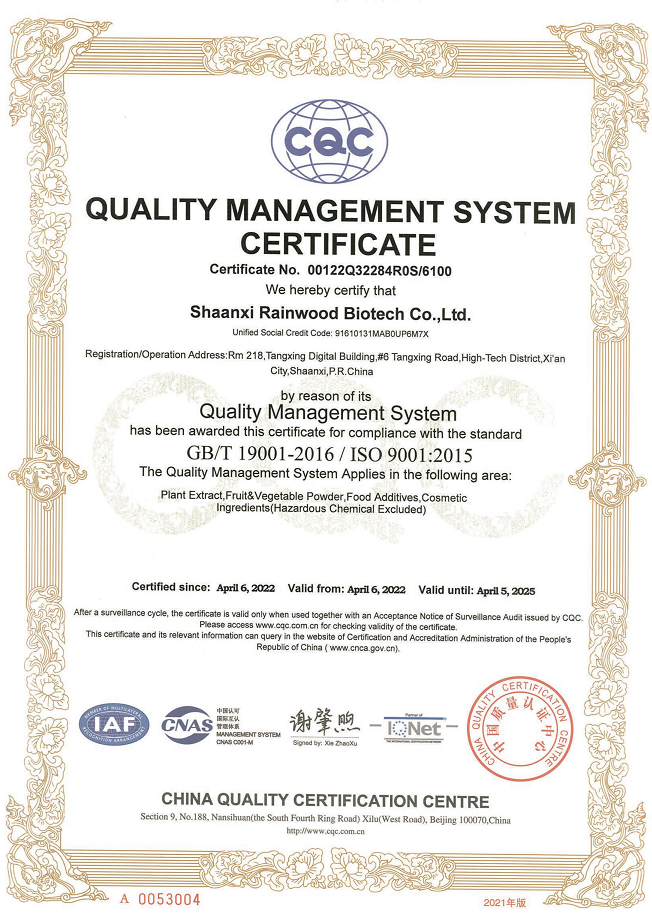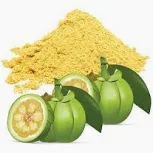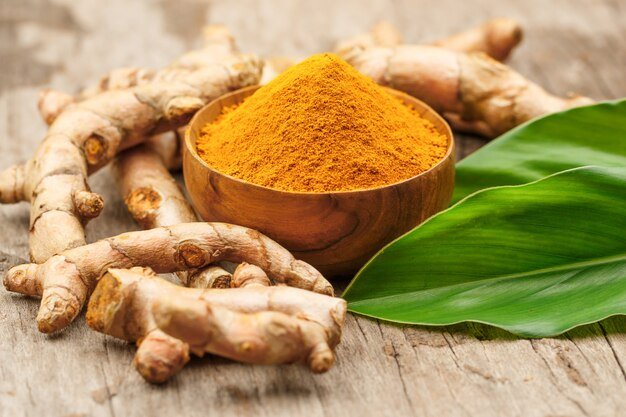Overview.
Indeed, in today’s diverse market, we can easily find various products related to curcumin, such as common curcumin supplements, turmeric seasonings, turmeric beverages, turmeric gummies, turmeric capsules, and turmeric pills. Research laboratories worldwide are also dedicated to exploring the broader potential of curcumin. Ever since its discovery, it has been destined to serve the well-being of humanity.
What is curcumin?
Curcumin is a naturally occurring compound found in the spice turmeric. It is responsible for the vibrant yellow color of turmeric and is known for its potential health benefits. Curcumin has been extensively studied for its antioxidant and anti-inflammatory properties, which have shown promise in supporting overall well-being.
Turmeric, on the other hand, is a root plant belonging to the ginger family. It has been used for centuries in traditional medicine and cooking, particularly in Asian cuisine. Turmeric contains various bioactive compounds, with curcumin being the most well-known and researched component.
Turmeric VS Curcumin
While turmeric and curcumin are often used interchangeably, it’s important to note that curcumin is just one of the many beneficial compounds found in turmeric. Curcumin extracts are available in supplement form, providing a concentrated dose of this specific compound.
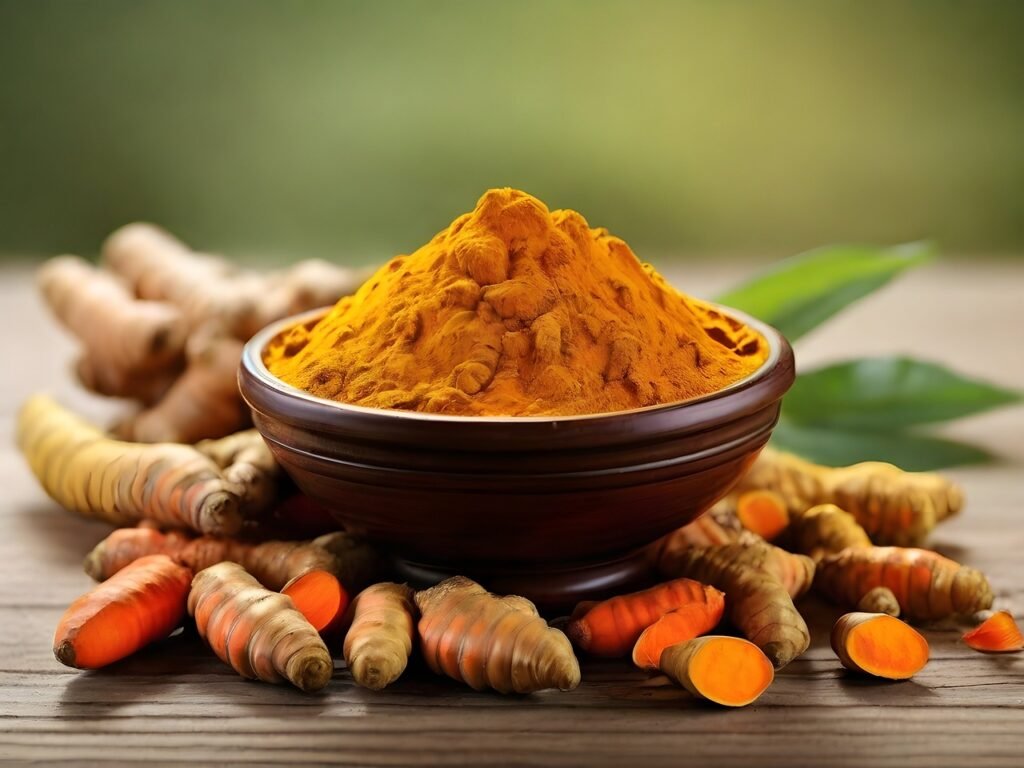
Benefits and Effects of Curcumin
Turmeric for Inflammation
Curcumin is widely used in traditional herbal medicine to address inflammation-related issues. It possesses potent anti-inflammatory properties that can help alleviate inflammation symptoms. Studies suggest that curcumin may act by inhibiting the production of inflammatory mediators and suppressing the activation of inflammatory signaling pathways. This makes curcumin a highly regarded natural anti-inflammatory agent.
Is Turmeric Anti-inflammatory?
Curcumin has been extensively researched and is considered to have anti-inflammatory effects. It can suppress inflammatory responses and play a positive role in the treatment of inflammatory diseases. Curcumin can inhibit the release of inflammatory mediators, reduce tissue damage during inflammation, and help balance the immune system. While further research is ongoing, curcumin is considered a potential natural anti-inflammatory agent.
Turmeric Uses
Curcumin has a wide range of applications in various fields. In addition to its anti-inflammatory properties, curcumin also exhibits antioxidant, antimicrobial, anti-tumor, and immune-regulating effects. It is used in dietary supplements, traditional herbal medicine, seasonings, skincare products, and medical formulations. The multifunctionality of curcumin makes it a popular choice for promoting overall health and well-being.
What Does Turmeric Do for the Body?
Curcumin has multiple positive effects on the body. It is considered a powerful antioxidant that helps neutralize free radicals and protect cells from oxidative damage. Additionally, curcumin may be beneficial for heart health, support digestive system function, and is believed to have a positive impact on joint health and the immune system. While individual responses may vary, curcumin is widely recognized as a natural substance that is beneficial for overall health.
10 Serious Side Effects of Turmeric
Curcumin Side Effects
Turmeric, specifically its active compound curcumin, is generally considered safe for most people when consumed in moderate amounts. However, like any substance, it can have potential side effects, particularly when taken in excessive doses or by individuals with certain health conditions. It’s important to be aware of these potential side effects:
1. Gastrointestinal Issues: Turmeric may cause digestive problems such as stomach upset, bloating, gas, and diarrhea in some individuals.
2. Allergic Reactions: Allergic reactions to turmeric are rare but possible. Symptoms may include rash, itching, swelling, and difficulty breathing. Seek immediate medical attention if you experience these symptoms.
3. Interference with Blood Clotting: Turmeric can act as a blood thinner and may increase the risk of bleeding, particularly in individuals taking blood-thinning medications or those with bleeding disorders.
4. Stomach Ulcers: Turmeric may exacerbate existing stomach ulcers or increase the risk of developing ulcers in susceptible individuals.
5. Gallbladder Issues: Turmeric may stimulate the production of bile, which could be problematic for individuals with gallbladder disease or those who have had their gallbladder removed.
6. Kidney Stones: Turmeric contains oxalates, which can contribute to the formation of kidney stones in individuals with a history of kidney problems.
7. Low Blood Sugar: Turmeric may lower blood sugar levels, which can be problematic for individuals with diabetes or those taking medications to control blood sugar.
8. Hormonal Effects: Turmeric may have hormonal effects and should be used with caution by individuals with hormone-sensitive conditions or those taking hormone medications.
9. Interactions with Medications: Turmeric can interact with certain medications, including blood thinners, diabetes medications, and stomach acid-reducing drugs. Consult with a healthcare professional if you’re taking any medications.
10. Pregnancy and Breastfeeding: The safety of turmeric during pregnancy and breastfeeding is not well-established. It’s best to avoid high doses or consult with a healthcare professional before using it in these situations.
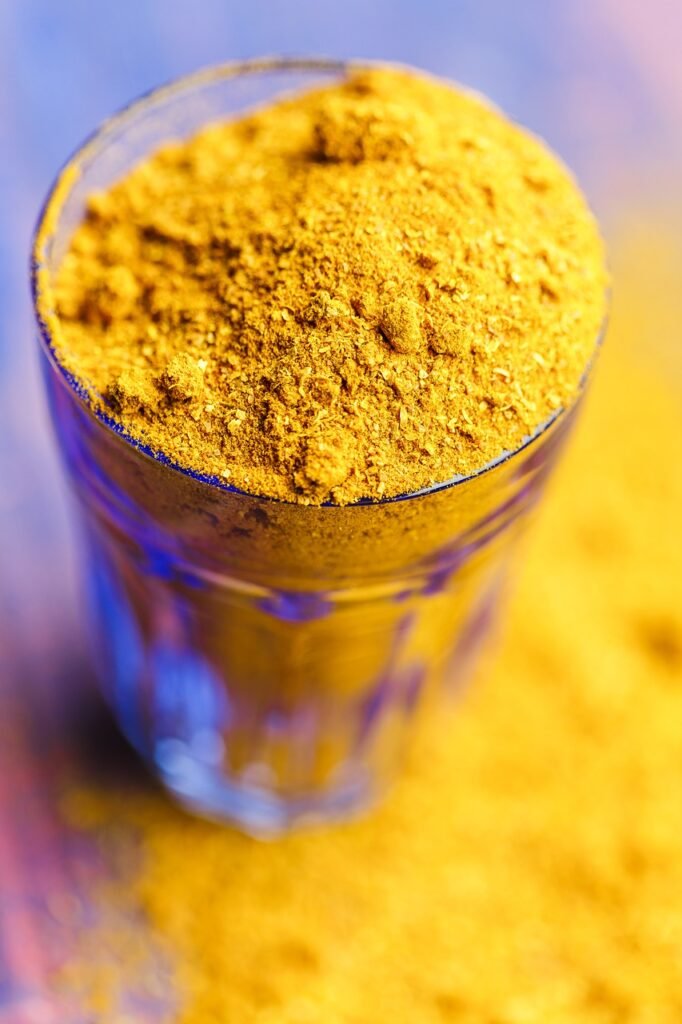
Who Should Not Take Turmeric
While turmeric is generally safe for most people, certain individuals should exercise caution or avoid its use altogether. These include:
1. Individuals with gallbladder disease or gallstones.
2. People with bleeding disorders or those taking blood-thinning medications.
3. Individuals with stomach ulcers or acid reflux.
4. Those scheduled for surgery, as turmeric may increase the risk of bleeding.
5. People with diabetes or hypoglycemia, as turmeric may lower blood sugar levels.
6. Individuals with hormone-sensitive conditions or taking hormone medications.
7. Pregnant or breastfeeding women, as the safety of turmeric in these situations is unclear.
Turmeric Extract vs Organic Curcumin Powder
When comparing turmeric extract and organic curcumin powder, it’s important to understand the differences between the two.
Turmeric Extract:
Turmeric extract is derived from the turmeric plant (Curcuma longa) and typically contains a concentrated amount of curcumin, which is the primary active compound responsible for its health benefits. Turmeric extract is often standardized to contain a specific percentage of curcuminoids, which include curcumin, demethoxycurcumin, and bisdemethoxycurcumin. The extraction process involves isolating and concentrating these curcuminoids, resulting in a potent form of turmeric.
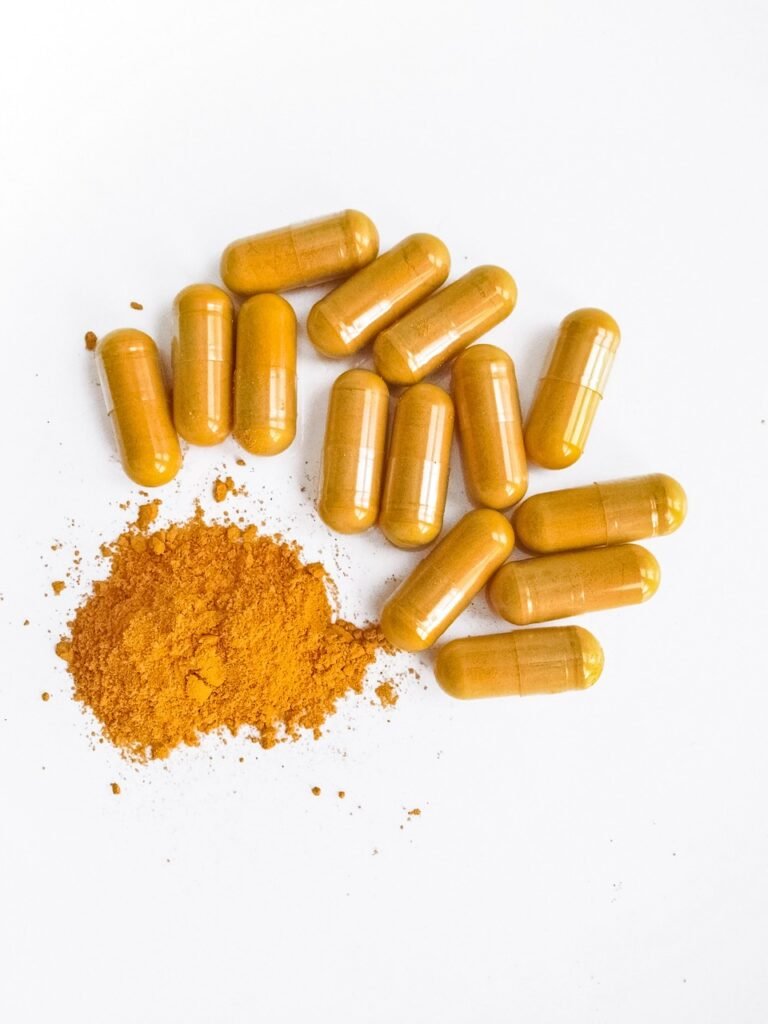
Organic Curcumin Powder:
Organic curcumin powder is a specific form of turmeric powder that has undergone a process to extract and isolate the curcumin compound. It is made from organically grown turmeric roots and contains a higher concentration of curcumin compared to regular turmeric powder. Organic curcumin powder is often used as a dietary supplement or as an ingredient in various culinary preparations.
Differences and Considerations:
1. Concentration: Turmeric extract is typically more concentrated in curcuminoids compared to organic curcumin powder. This means that a smaller amount of turmeric extract may provide the same benefits as a larger amount of organic curcumin powder.
2. Bioavailability: Curcumin has relatively low bioavailability, meaning that it is poorly absorbed by the body. However, certain formulations and methods, such as combining curcumin with black pepper extract (piperine) or liposomal encapsulation, can enhance its absorption. Both turmeric extract and organic curcumin powder can be found in forms that improve bioavailability.
3. Form and Usage: Turmeric extract is commonly available in liquid or capsule form, while organic curcumin powder is typically used as a spice or as an ingredient in recipes. Turmeric extract may be more convenient for those looking for a concentrated dose of curcumin, while organic curcumin powder offers versatility in culinary applications.
4. Quality and Purity: When selecting turmeric extract or organic curcumin powder, it’s important to choose products from reputable sources that prioritize quality and purity. Look for certified organic products that are tested for contaminants and meet the necessary quality standards.
Curcumin powder manufacturer
Rainwood is a global supplier of medicinal and health ingredients, specializing in the production and sale of high-quality plant extracts and natural compounds. With extensive experience in pharmacy and nutrition, we collaborate with the pharmaceutical industry, supplement manufacturers, and research institutions to provide innovative ingredient solutions. Rainwood’s products find wide applications in pharmaceuticals, dietary supplements, cosmetics, and food industries, and are recognized as a reliable and trusted brand.








